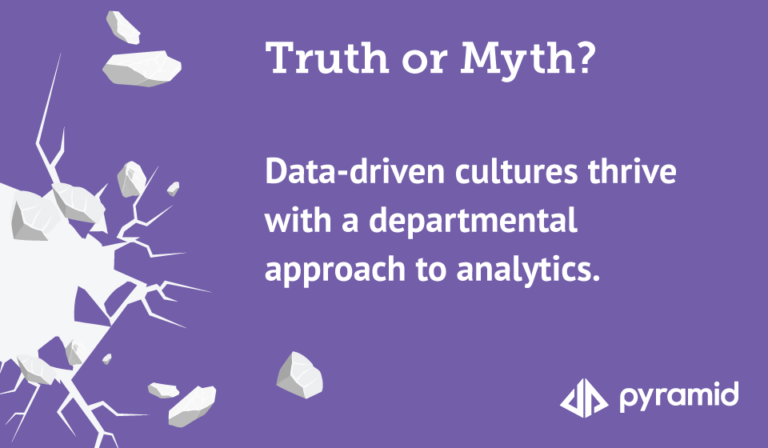When your company is rolling out a new BI initiative, chances of success are greatly enhanced when Change Management is an integral part of the initiative.
Introducing new BI functionality requires a change in business processes, as users segue from old, possibly disparate tools to a new, integrated BI system. According to Forrester’s “Get Ready for BI Change” report (January 16, 2015), “(t)ransforming a company’s business processes introduces massive change, requiring organizational restructuring, new management responsibilities, and a new way of thinking about end-to-end processes and how to measure the results of those processes.” (Forrester, p. 3)
BI initiatives tend to budget for technology and implementation, but change management and post-go live adoption activities are often underfunded or even overlooked in the budget process. All of the new functionality and improved data capability is useless if people resist using it or don’t know how. Change management facilitates communication from the outset of the initiative, getting users from resistance to acceptance and even excitement, which increases buy-in and greatly enhances successful adoption of the new functionality. And it doesn’t end when the technology goes live; change management activities continue to help with adoption and user capability until the technology is fully integrated into the business.
Another function of change management is to ensure that stakeholders, such as the business lines and BI teams, are working together to ensure the right data is captured for future business needs. Change management fosters understanding of business needs across the organization by bringing together leaders from different departments and functions, which enables BI and Development to focus on upcoming trends and anticipate the next iteration of business data needs.
Project management and change management are separate and complementary functions that utilize different skill sets. Project management leads the technical side of a technology project, focused on ensuring the solution is properly configured and functions as required. Change management is focused on the people side, preparing users for the change and working to ensure that the new processes are adopted and utilized. According to Prosci, an independent change management research organization, emerging best practice is for change management to be integrated with project management. They fulfill separate functions that collaborate for successful implementation.
Cultivating change leaders across the organization can greatly enhance change management efforts. These could be leaders from different departments and functional areas who have people and managerial skills, are knowledgeable about organizational process, and understand how to prepare the route to the successful and willing adoption of new practices and processes. In larger organizations and for significant BI implementations, it is more effective to have multiple people in each department who coordinate change management activities.
According to Forrester (Forrester, p.7),
“BI does not exist in isolation – it permeates every other business process and application.”
This makes it vital to encourage change leadership across the organization as part of a BI implementation, because BI touches everything. Cultivating change leaders enables better BI implementation by:
- Ensuring business lines have a trusted person or group who shares information both within the business line and across the organization and fosters understanding of the BI team and development.
- Increasing BI and Development understanding of business needs across the organization, resulting in better data discovery and capturing the right data for the business.
- Spreading BI capability throughout the organization, which allows BI to focus on emerging trends and capturing the right data for success.
Change management is an important component in the success of BI initiatives. But how often is change management overlooked? According Forrester’s Q1 2014 Global BI Maturity Survey, fully half of those surveyed believed that their processes for managing change based on new BI functionality were not well-established and do not function smoothly. This is an opportunity being lost, and a high cost in the form of productivity disruption, reliance on outdated and incomplete data sources, and employee morale.
Despite the importance of effective change management in successful implementation of BI initiatives, it is often forgotten. How does your organization incorporate change management into budgeting and implementing BI initiatives? Are change management processes included in your company’s business practices?












